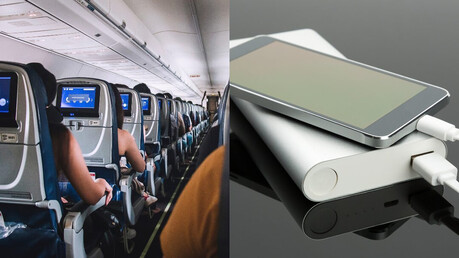
Asuncion, Paraguay – June 29, 2025 – Paraguayan President Santiago Peña has signed the controversial National Payment System Law into effect. This legislation emerged from intense debate among various stakeholders within Paraguay's financial system, particularly between traditional financial institutions and emerging FinTech companies. The bill aims to modernize and democratize Paraguay's payment ecosystem, further promoting financial inclusion.
Diego Garcia, President of the Paraguayan FinTech Association, welcomed the promulgation of the law, calling it a crucial structural change that will expand competition and foster financial inclusion. "We support this law 100%. It opens up the market for new players to enter the payment ecosystem, rather than relying solely on banks and payment processors," Garcia emphasized. He stressed that the current market suffers from bottlenecks, and that broader nationwide access through new digital payment tools and the growth of the digital payment ecosystem are necessary to enhance financial inclusion.
Currently, FinTech companies face unfair competition from traditional payment processors, particularly regarding access and fee conditions. Garcia pointed out that this situation forces FinTech companies to charge higher fees, ultimately increasing the final price of goods and services for customers. He explained that this law "levels the playing field, allowing more companies to participate in the payment ecosystem without relying on specific providers for new payment methods like QR codes."
A central point of contention, the lack of QR code interoperability, has been directly harming consumers in Paraguay. "Today, stores ask customers which bank they use and then process payments through a corresponding payment processor. This is wrong. Consumers don't need to know which payment processor a store works with," Garcia criticized. He added that the lack of interoperability leads to problems like incorrect discount applications or failed refunds.
This update to the national payment system is expected to significantly increase efficiency. "Instead of two or three existing operators, there will potentially be over 30. This will intensify competition and improve service quality," Garcia predicted. Reports indicate that currently, one in five QR code or card transactions encounters processing issues.
Garcia cited examples from other countries in the region, such as Argentina and Brazil, where the entry of new operators has contributed to developing innovative solutions, expanding financial inclusion, and reducing costs for all users. Indeed, a study by the Inter-American Development Bank (IDB) and Finnovista shows that Paraguay's FinTech sector is rapidly growing, accounting for 0.98% of the entire Latin America and Caribbean region. As of January 2024, it demonstrates significant potential with over 150 active member companies, creating over 5,000 jobs and attracting cumulative investments exceeding $500 million.
The Paraguayan FinTech Association is actively participating in working groups with the Central Bank of Paraguay (BCP) to discuss the implementation of interoperable QR codes, set to take effect next year, and will also collaborate on drafting the detailed regulations of the law.
Garcia reiterated that QR interoperability will not only benefit end-users but also help small businesses compete on equal terms. "We hope to move this date (for QR interoperability implementation) forward as much as possible. This will benefit us all. Interoperability of promotions and interoperability of QR and card payment processing are key objectives for FinTech companies," he stated.
The implementation of this National Payment System Law is expected to breathe new life into Paraguay's financial market, fostering a more transparent and efficient payment environment, and ultimately providing consumers with greater choice and convenience. All eyes are on whether cooperation between traditional financial institutions and FinTech companies can further advance Paraguay's digital financial ecosystem.
[Copyright (c) Global Economic Times. All Rights Reserved.]






























